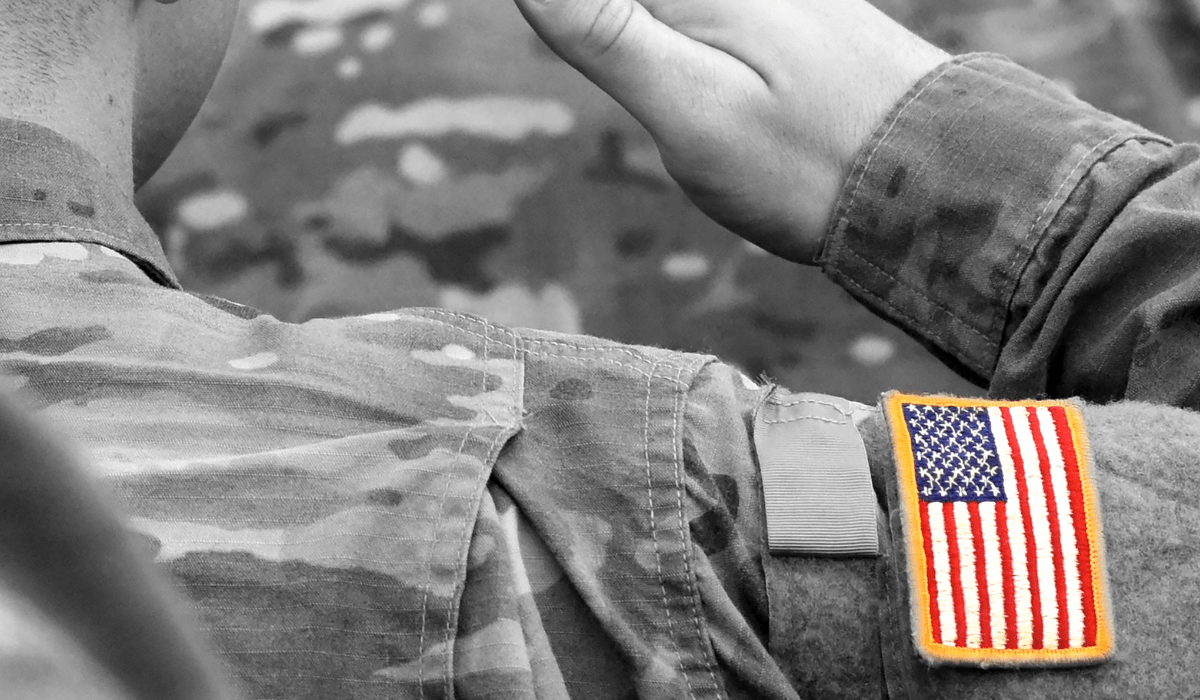
Jul 19, 2011
In United States v. Kuhn, ACM 37357 (A.F. Ct. Crim. App. Mar. 8, 2010), review denied, 69 M.J. 170 (C.A.A.F. 2010) the accused pled guilty to five specifications of wrongful use of cocaine. Per his pretrial agreement, accused agreed to waive all waivable motions. On appeal, accused asserted ineffective assistance of counsel, arguing defense counsel should have raised a motion for unreasonable multiplication of charges for sentencing. The AFCCA relying on United States v. Gladue, 67 M.J. 311, 314 (C.A.A.F. 2009) held that the accused “knowingly and voluntarily waived all waivable motions” under the pretrial agreement, so the IAC issue was moot. The court then considered, arguendo, that even if the accused had not waived the issue, defense counsel researched the potential motion, found it to be unviable, and so advised the accused, according to a post-trial affidavit provided to the court. The AFCCA held, “In short, the appellant waived any error on this issue and, even assuming waiver is inapplicable, we find that the appellant’s trial defense counsel made a reasonable tactical decision, one we will not second-guess.”
In United States v. Carney, No. 200900296, (N-M. Ct. Crim. App. Nov. 5, 2009) (unpublished) in the pretrial agreement, convening authority agreed that if a punitive discharge were adjudged, it could be approved but would be “suspended for a period of 6 months from the date of the convening authority’s action, at which time, unless sooner vacated, the suspended punitive discharge will be remitted without further action.” The accused received a bad-conduct discharge at trial and the convening authority did not suspend it. The N-MCCA found the accused was entitled to the “fulfillment of any promises made by the Government as part of that agreement” (citing Santobello v. New York, 404 U.S. 257, 262 (1971); United States v. Smith, 56 M.J. 271, 272 (C.A.A.F. 2002)). When the Government has failed to comply with one or more terms in a pretrial agreement, an appellate court has the authority to enforce those terms (citing United States v. Cox, 46 C.M.R. 69, 72 (C.M.A. 1972); United States v. Carter, 27 M.J. 695, 697 n.1 (N.M.C.M.R. 1988)). In the opinion’s decretal paragraph, the N-MCCA ordered discharge be suspended pursuant to the PTA.
Our court martial defense lawyers at Bilecki Law Group can represent you if you have been charged of a crime. Schedule a case evaluation today!
Defending Service Members Globally
Wherever Duty Calls, Our Defense Follows




